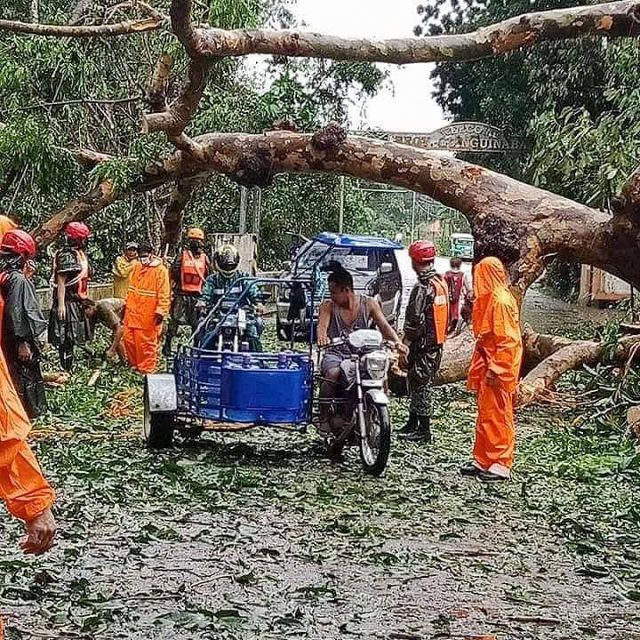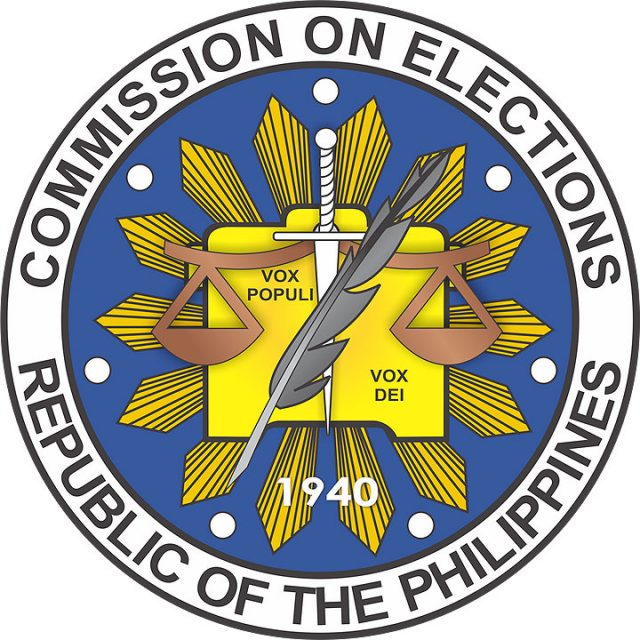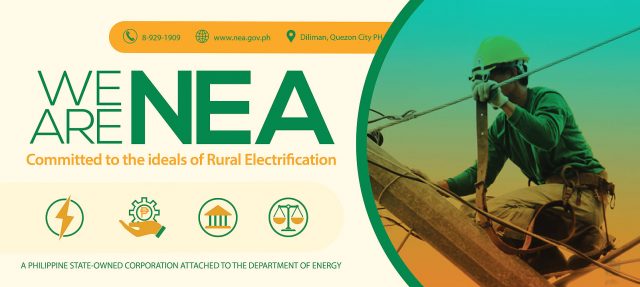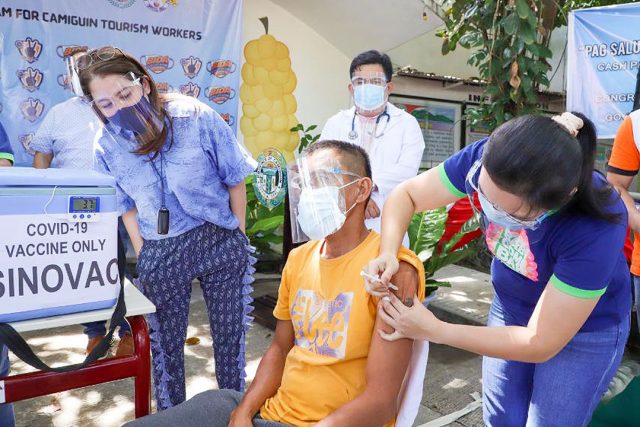Storm Maring toll: 40 reported deaths, 22 towns, cities under state of calamity
REPORTED deaths due to floods and landslides triggered by severe tropical storm Maring, with international name Kompasu, has reached 40 while 11 others were missing and five injured, based on the Oct. 18 report from the national disaster management agency.
Declarations of state of calamity have been issued in 22 localities, which would allow the release of local funds for disaster response. These are in Narra, Palawan; Dagupan City in Pangasinan; and the entire province of La Union with 19 towns and one city.
Of the total deaths reported, 23 have been confirmed while the rest are still under further validation, according to the National Disaster Risk Response and Management Council (NDRRMC).
The number of affected families stood at 158,510 composed of more than 626,000 people. These are in the regions of Ilocos, Cagayan Valley, Central Luzon, Calabarzon, Mimaropa, Cordillera, Western Visayas, and Caraga.
NDRRMC said of those affected, almost 50,000 people were displaced and still in evacuation centers or staying with relatives or friends.
More than 300 road sections and bridges were affected, but most of these were already passable as of Monday.
There were 7,268 houses damaged, with 321 totally destroyed.
Maring, the 13th typhoon in the country this year, entered on Oct. 7 as a tropical depression. It absorbed the remnants of a succeeding typhoon named Nando and intensified into a severe tropical storm, packing winds of up to 100 kilometers per hour (km/h) and gustiness of up to 125 km/h. It exited the Philippine area on Oct. 12. — Marifi S. Jara












